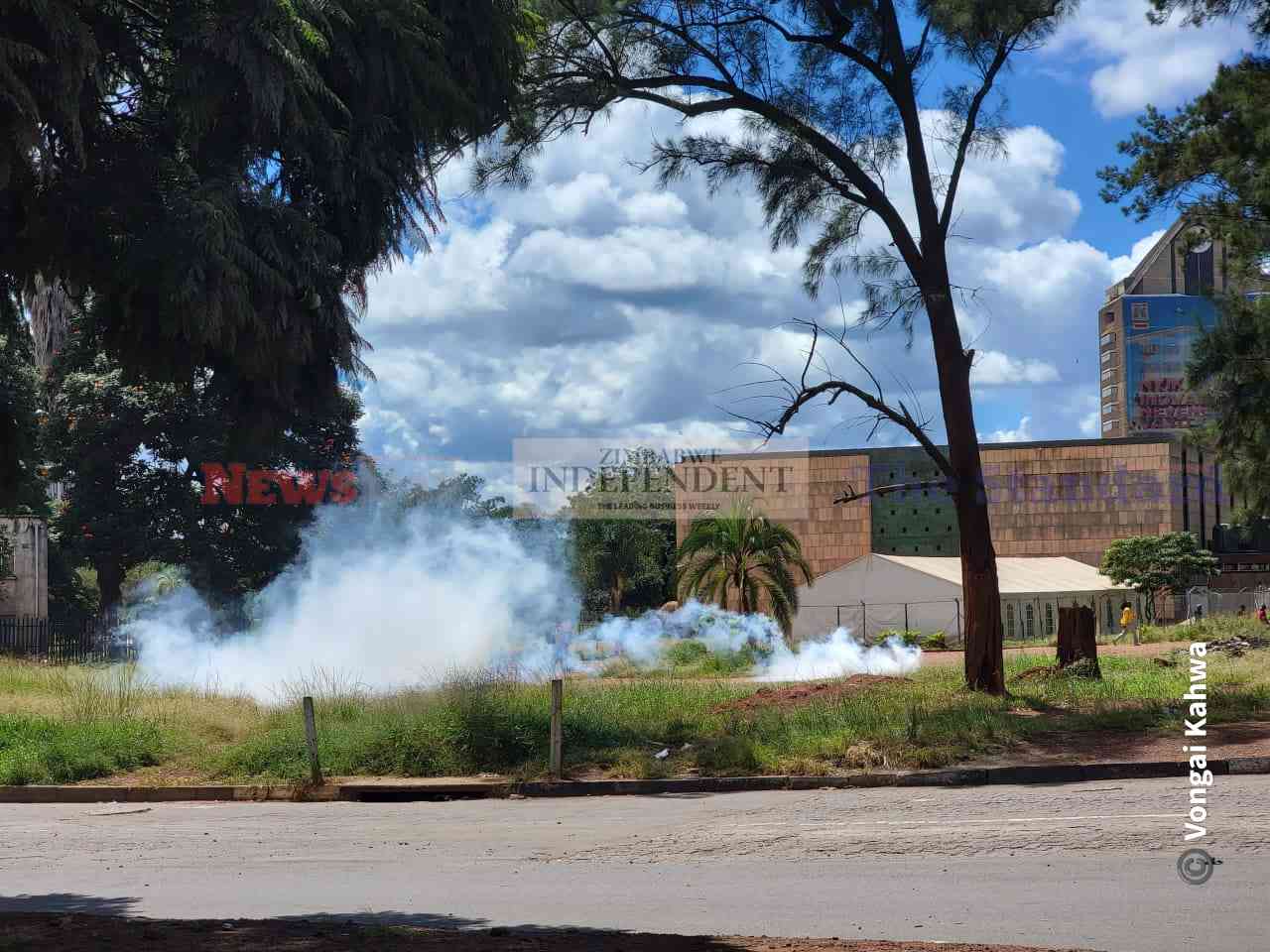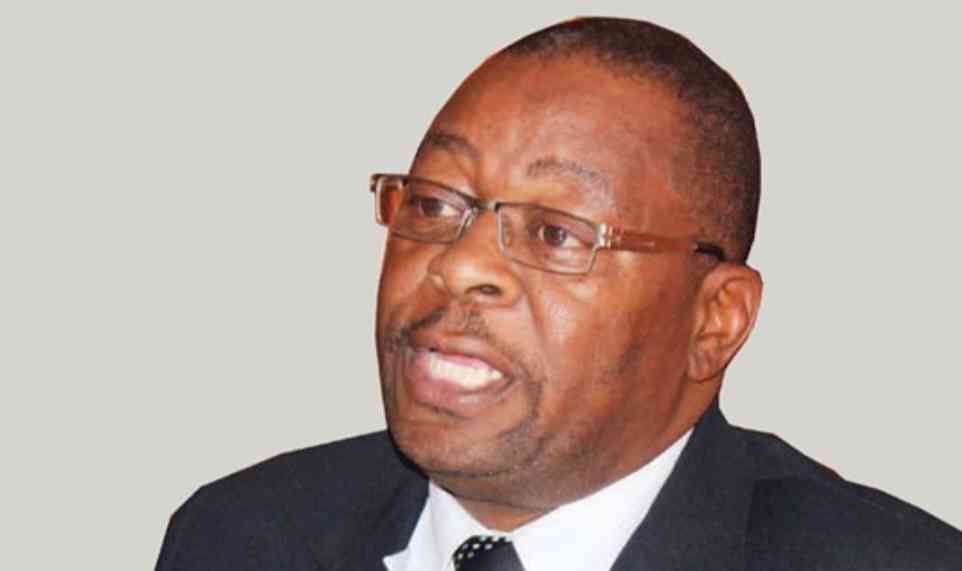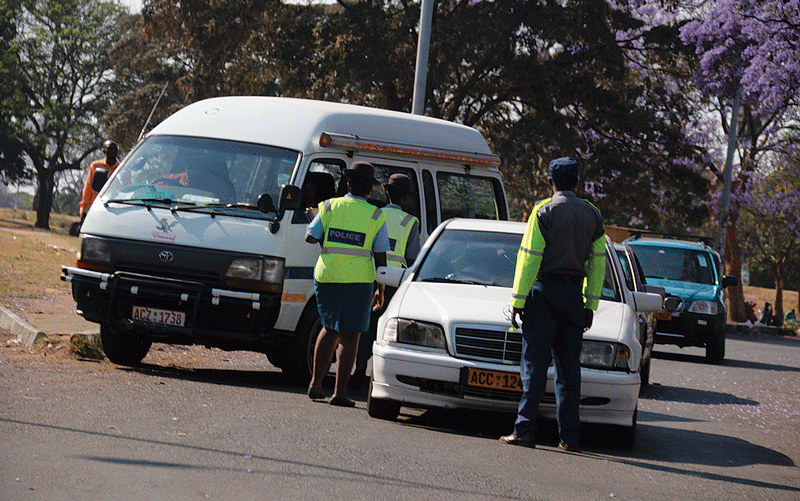ON August 25, 2022, the Women’s Academy for Leadership and Political Excellence (Walpe), in partnership with Women and Law Southern Africa-Zimbabwe (WLSA) — with support from the Netherlands embassy, hosted the Transformative Feminist Leadership (TFL) Solidarity Indaba in Kariba.
The purpose of the TFL Indaba was to get insights into how prepared political parties are for impending primary elections and candidate selection processes ahead of the 2023 elections and how they will adhere to provisions of the Constitution, which states that there should be gender balance and inclusion of the youths in all leadership and decision making processes.
Participants were drawn from aspiring women leaders from across the country as well as representatives from the Citizens Coalition for Change, Zanu PF, the Women Affairs ministry, the Zimbabwe Gender Commission (ZGC) as well as officials from civil society organisations such as the Election Resource Centre (ERC) and the Zimbabwe Election Support Network.
Walpe director Sitabile Dewa opened the indaba with a presentation on the history of women’s participation in politics and narrated how women have been historically under-represented in leadership positions since 1980.
Her presentation showed that when women from the major political parties are elevated to influential positions such as former Vice-President Joyce Mujuru and former Deputy Prime Minister Thokozani Khupe, they are easily demoted and replaced by men further, perpetuating their marginalisation in influential political positions.
The youth representatives from CCC and Zanu PF spoke on how lack of resources and a general lack of will from the main party leadership are hindering them from taking up leadership and decision-making roles.
Keep Reading
- MPs exchange notes on fighting child marriages
- ‘GBV hinders women’s economic emancipation’
- Political will needed to curb GBV cases
- Feature: Zim politics: A hard hat area for women
The women leaders came after mentioning that they want parties to have women only constituencies and wards were they only contest against each other.
ERC director Barbara Bhebhe said women candidates during primary elections are not supported because they are considered weak, while Zesn senior advocacy for electoral reforms officer Heather Koga said if political parties were registered, achieving gender equality would be achievable as they would be obligated to do so in their constitutions.
WLSA programmes coordinator Patricia Muganhiri emphasised the need for political parties to take a leaf from other countries’ strategies on achieving gender equality such as in Rwanda.
The Women’s Affairs ministry district development officer Kudzai Chidhume cited how women representation in politics has declined in the last two elections as well as how worrying it was for women’s leadership prospects in 2023.
ZGC commissioner Obert Matshalaga closed the indaba with a presentation on how the commission wants is in support of 50/50 gender representation and urged political parties present to do all they can to ensure gender balance.
At the end of the TFL meeting, it was suggested that:
lParties should form youth and women inter- political party forums or council where they collectively push their issues and strategies on how to push for more representation in key leadership positions;
lA joint statement by women from political parties be issued expressing their need for gender equality and the respect of the Constitution;
lMen should hold a separate indaba and enlighten each other on the importance of equality;
lAll political party leaders should have a gender pledge where they will ensure that there is equal representation within their parties; and
lWomen’s and youth wings must be dissolved and allow women and youth to be well represented in key leadership and decision making platforms. - Walpe
Queen’s death reignites debate about British monarchy’s legacy in Africa
THE death of Queen Elizabeth II last week reignited the debate about the British monarchy’s legacy in Africa.
Nigerian professor Uju Anya did not mince her words in placing the sovereign in the historical context of imperial rule and colonialism, and wished that her dying pain “be excruciating”.
Twitter, where many first heard of the Queen’s death, swiftly deleted Anya’s tweet.
Twitter claimed the post violated its rules, but some condemned the move for negating free speech.
The episode teases the tone of the postmortem of the second Elizabethan age, which oversaw the last 16 years of forced British rule in Africa.
In the decades since, a lot of effort has gone into moving past the uncomfortable colonial history by disbursing aid and development finance, as well as promoting the Commonwealth of Nations as the basis of a cordial future ostensibly based on cooperation not control.
Upholding that sentiment, African leaders such as the President of Ghana, the incoming President of Kenya, and the Nigerian boss of the World Trade Organisation issued statements expressing deep condolences and admiration for the Queen.
The punchier reactions to her death instead addressed head on the so-called elephant in the room: The Queen’s role as representative, and direct beneficiary, of an institution that reaped rich returns from oppressed territories.
No wonder that a video of an aged woman describing the anguish of a Kenyan revolution brutally crushed by British soldiers during the Queen’s first year on the throne has gone viral.
As the crown passes to her son King Charles III, the debate over the British monarchy’s legacy in Africa will continue, but could be summed up by just a question: What does Britain owe Africa and when will it pay in full? - Alexander Onukwue
Lupane Local Board must enforce laws on trespassing livestock
FUNNY things are happening at Lupane Local Board. The security department of Lupane Local Board (LLB) impounded a villager’s trespassing livestock. It did so legally and lawfully in terms of existing by-laws of 2013.
The villager concerned approached the honourable councillor for Matshiya ward, which is ward 15. Why and what for, nobody could tell precisely. The honourable councillor approached the security officer and demanded the release of the livestock, immediately.
After some dilly-dallying on the part of the LLB management, the honourable councillor demanded the key to the animal (cattle) pound, which he was given. “But the matter was supposed to go to court” (or to the police).
This made neither sense nor logic to a sane person. The matter went to the police and is still pending.
But then, did the fact that the honourable councillor demanded and was duly given, the key not constitute implied authorisation of access into the pound and the retrieval of the livestock by him?
Was this scenario not akin to someone who opens the stable and when the horse bolts out, screams for help?
Of course, the councillor was wrong, totally and criminally wrong, notwithstanding the obvious lapse and failure by management to interpret the law.
Management should have simply and unequivocally stood firm that the prescribed fine be paid by the owner for the release of the animals.
Any resistance or act of disorderly conduct would have attracted police intervention, full stop.
The whole thing is now a disgrace because it exposes the inadequacy of the LLB management.
On his part, the honourable councillor acted very much contrary to the prescriptions of his office as a councillor, especially as he straddles the divide between rural communities and Lupane town residents.
Livestock cannot encroach into urban Lupane with their owners behind them. Investment is taking place in the town.
A local investor has invested in the hospitality sector by building lodges and tourists from Europe, some of them cyclists who want a stop over to rest for the day or overnight in a tranquil and peaceful environment, are coming to Lupane town.
They are disturbed by rural animals which converge around the lodge, making noise with their cowbells all day and night!
The LLB management has failed for 13 years to deal with trespassing livestock. This is due to inefficiency.
As for the honourable councillor, we will show him who holds power in the ballot box if he stands for re-election. In fact, he is a liability to his party.
He brags that local boards do not exist in the Constitution, forgetting that there are five or six local boards in Zimbabwe. Little education is dangerous, they say! The office of the chairperson is lacking somewhere. - #Tag Lupane Residents, Administration and Publicity





